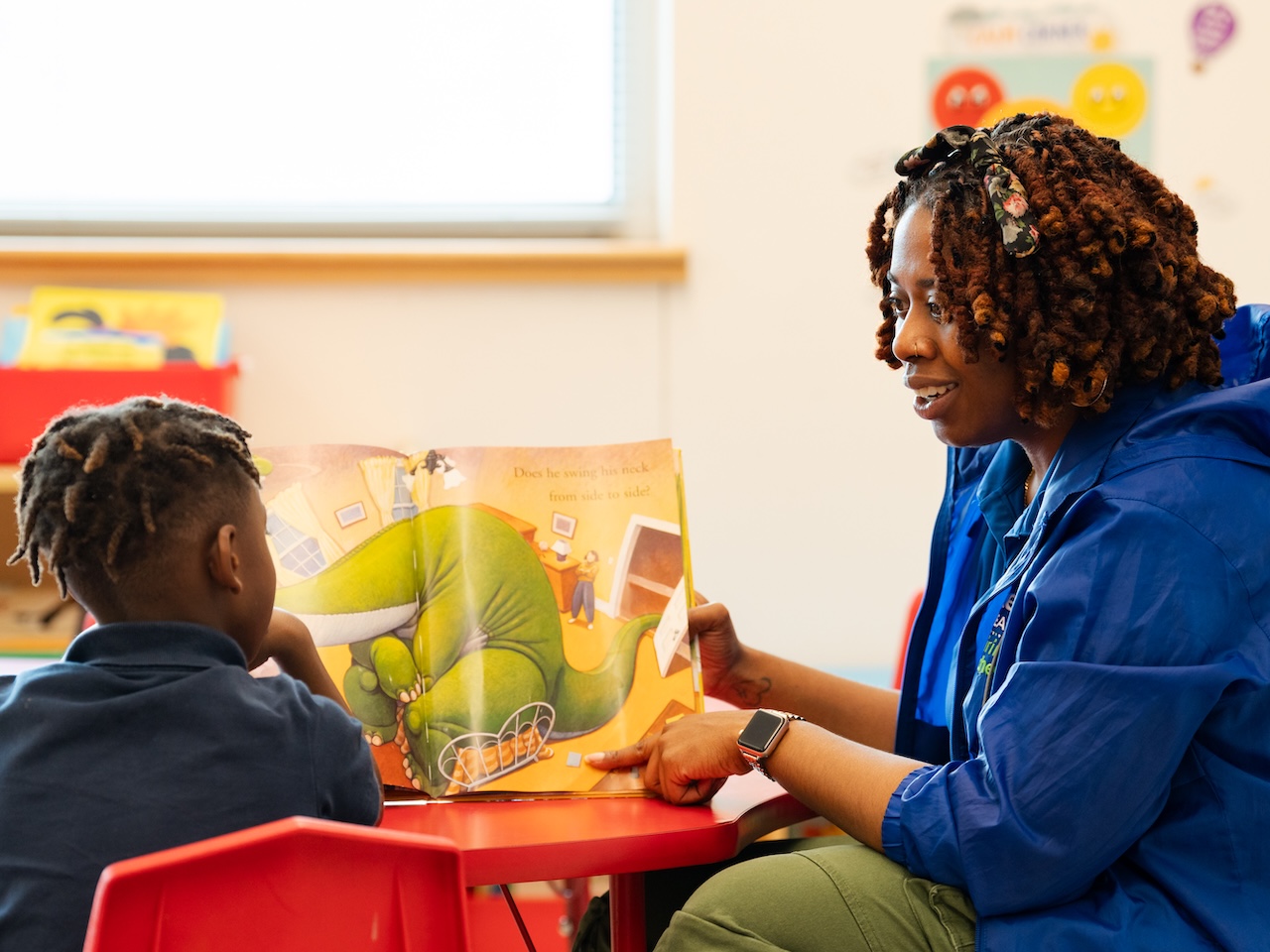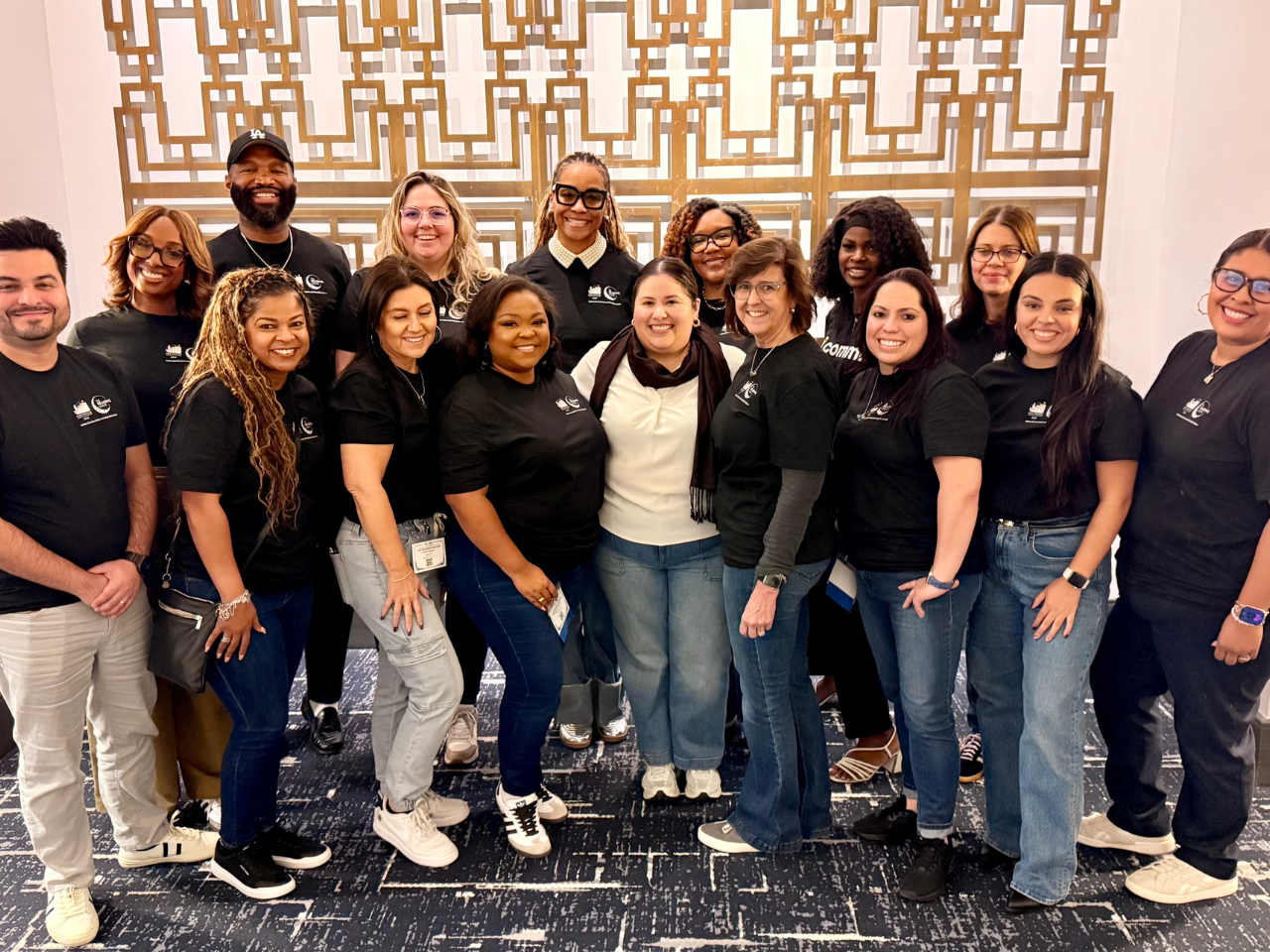No More Suspensions: Dallas ISD's Bold New Approach
.jpg)
.jpg)


On June 24th, 2021, the Dallas Independent School District Board of Trustees took a monumental step by becoming the first large urban public school district in the nation to eliminate the use of discretionary out-of-school and in-school suspensions as disciplinary tactics. As part of this effort, the Board approved $4-million in new funding for alternatives, including social-emotional health-focused “Reset Centers.”
The importance of this cannot be understated. Though Dallas’ decision is the most expansive Texas has seen, these Reset Centers and other educational tools build upon a more equitable and student-centered approach to addressing behavioral issues in Texas classrooms that Black parents, community leaders, district officials and state policymakers have been working toward for years. All involved should be applauded for their efforts.
According to Texas Appleseed, during the 2013-2014 school year, more than 36,000 Texas students between kindergarten and second grade received out-of-school suspensions. More than 2,500 of these children excluded from the classroom were Pre-K students.
These practices disproportionately affect Black students. Texas Appleseed again notes that during that same 2013-14 school year, Black students accounted for 42% of all Pre-K through 5th grade out-of-school suspensions despite making up only 13% of the elementary school population in Texas.

The negative impact of a student’s suspension, whether in-school or out, is well documented. When students as young as five years old are kicked out of the classroom for conduct violations, they are at greater risk of becoming part of the “school-to-prison pipeline.” Studies show suspended students will likely carry the label of “problem child” throughout their education, and multiple suspensions greatly increase their risk of dropping out of school altogether.
This, in part, is why the same racial disparities are reflected in the country’s rate of mass incarceration. More than 38% of the United States incarcerated population is Black, reflecting a rate almost 3 times their 13.4% share of the population at large. Within Texas, seven of the top 30 zip codes inmates last called home are in Dallas ISD. This includes the top two overall, both of which have a majority Black population.
Newly aware of these gaping inequities thanks to the work of student advocates like Texas Appleseed, school system leaders in Houston and El Paso ISDs led the way in eliminating suspensions among the earliest grades in 2016. School board trustees in Dallas ISD, led by former Trustee (and current Commit senior consultant) Miguel Solis, sought to do the same soon after.
But these moves first received pushback from some local stakeholders who argued they “[did]n’t want to take tools away from teachers." Unfortunately, this particular tool was too often deployed before other interventions were given an opportunity to work. Still, proponents of the ban were sympathetic to the struggle educators face. Calls for restorative justice, social and emotional learning, and positive behavior intervention are hollow if school staff aren’t also given adequate support, training, and resources.
So Trustee Solis included “train[ing] in methodologies to provide a positive school climate, crisis prevention, and restorative justice strategies for de-escalating disciplinary challenges” in the policy he proposed in May 2016. With this additional consideration, the school board voted unanimously to ban suspensions in Pre-K through 2nd grade in early 2017.
Inspired by his fellow Dallas-ites, former State Rep. Eric Johnson, who now serves as Dallas mayor, introduced HB 674 (85 R) in the 2017 Texas Legislature. This bill borrowed language from the Dallas ISD policy and similarly sought to end discretionary suspensions in the earliest grades. It was passed with broad bipartisan support and went into effect immediately upon receiving Gov. Greg Abbott’s signature. According to Texans Care for Children, there was an almost 80% drop in out-of-school suspensions from the previous year: from 36,475 students sent home to 7,640.
But while the new state policy had immediate positive results, wide racial disparities in disciplinary practice remained, and pioneering Dallas ISD was not immune. Of the out-of-school suspensions given during the 2019-2020 school year in Dallas ISD, 52% were given to Black students, despite making up only 21.6% of student enrollment.

In the face of this continued inequity, Dallas school board trustees recommitted themselves to improving the educational experience of Black students, and reforming disciplinary policy quickly became a cornerstone of that effort. With the successful suspension ban in early grades as precedent, and increased access to resources and technology thanks to federal COVID relief funding, the stage was set to eliminate discretionary suspensions in all grades across the district.
“We should never suspend a kid again,” Dallas ISD Supt. Dr. Michael Hinojosa said during a recent panel with Dallas Morning News’ Education Lab. His staff agreed, and together they drafted a new Student Code of Conduct that eliminated nearly every reference to “suspension,” replacing it with “Reset Centers” and other de-escalation tactics. As Dallas ISD Assistant Supt. for School Leadership Vince Reyes put it: “It’s a moral imperative — as educators and as human beings — when we look at our [discipline] data … that we do something different for kids and for schools.”
Texas state law still mandates suspensions in certain situations, such as bringing a weapon to school, drug possession, or physical assault. And there are situations where removing a child from the classroom is the best decision for all involved. This is where the new Reset Centers come in, allowing teachers to maintain a positive and productive classroom environment without causing any one child to fall behind in their studies. Each center will be staffed by an employee specifically trained to de-escalate situations and help struggling students regulate their emotions. Then, whether through asynchronous learning or in real-time via livestream, the student can resume their studies and eventually return to the classroom.
With students returning to school after a challenging and potentially traumatic year, allocating state and federal funds to best address their needs is essential. We have a tremendous opportunity to reconcile the past and present inequities of our educational system and reverse the damage of exclusionary disciplinary practices.
Commit is dedicated to tracking the impact of these policies on key educational outcomes such as high school graduation rates, and spreading that analysis with districts statewide, as well as with the Texas Legislature, should it prove as impactful as we hope. This chance could not have come at a more pivotal time. There is no going back.








.avif)